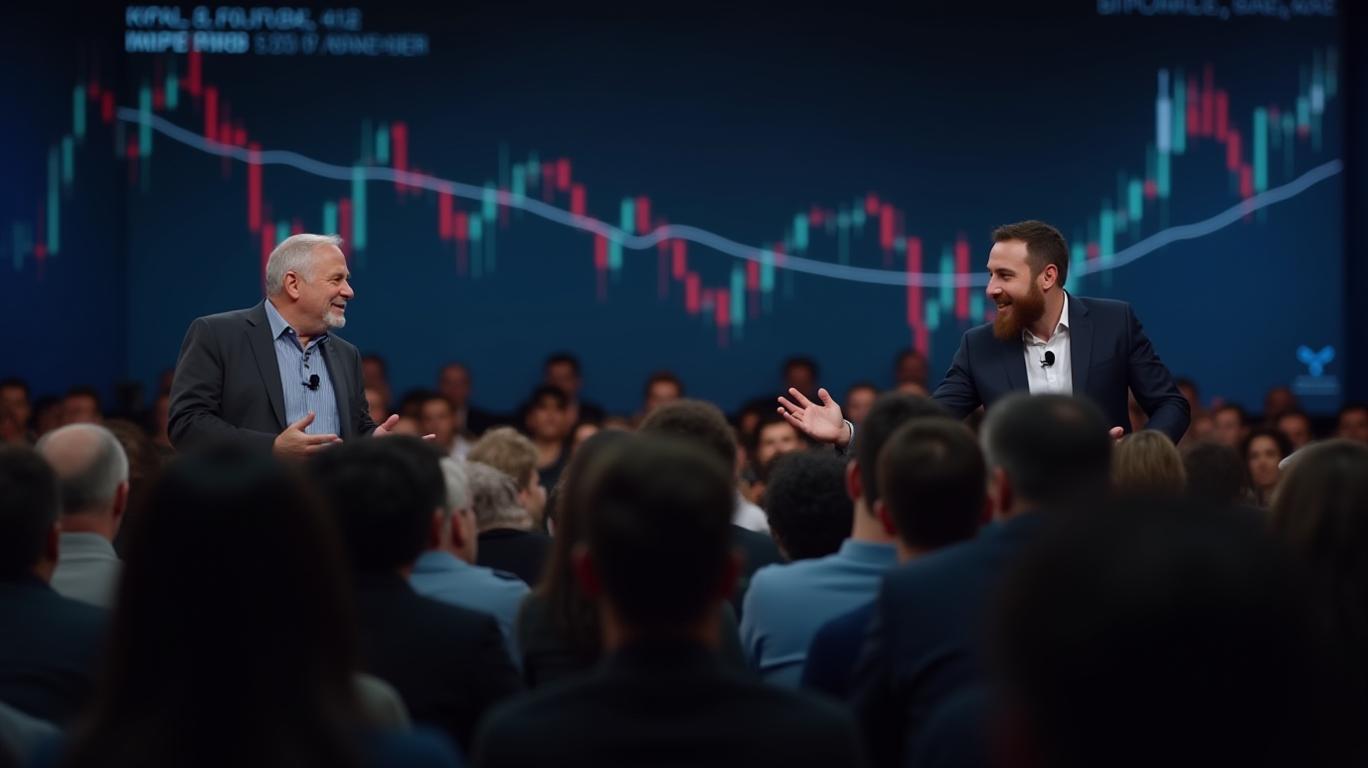Bitcoin vs. XRP: Mallers Slams Ripple's Lobbying, Garlinghouse Calls for Unity
Strike CEO Jack Mallers has sparked a debate in the cryptocurrency community by calling out Ripple for its corporate lobbying efforts, suggesting that the company has "crossed the line" in its pursuit of influence. Mallers, who is also the founder of the Bitcoin financial services platform Strike, believes that Ripple's actions could undermine the broader potential of Bitcoin and its role as a public utility.
Mallers' concerns stem from Ripple's distribution of 100 billion XRP tokens to itself, which he argues is a conflict of interest. He believes that Ripple should have shown faith in its own product by holding onto the tokens instead of selling them to the public. Mallers framed this behavior as a pattern in American economic history, where private corporations act under the guise of serving the public while prioritizing their own agendas.
In response to Mallers' comments, Ripple CEO Brad Garlinghouse shared his thoughts on the ongoing XRP vs. Bitcoin debate. He believes that the crypto industry can achieve its goals if people work together instead of competing. Garlinghouse stressed that it's not a zero-sum game and that a government digital asset reserve, if created, should represent the whole industry, not just one token like BTC or XRP. He also expressed his belief that maximalism hurts crypto progress and is glad to see fewer people holding on to this old way of thinking.
This exchange highlights the growing tension between Bitcoin and XRP advocates, as well as the broader debate surrounding corporate influence in the cryptocurrency industry. As the political push for a Bitcoin Strategic Reserve in the United States gains momentum, the role of corporate lobbying and the potential impact on the future of monetary policy remain crucial topics of discussion.

Quickly understand the history and background of various well-known coins
Latest Articles
Stay ahead of the market.
Get curated U.S. market news, insights and key dates delivered to your inbox.

Comments
No comments yet